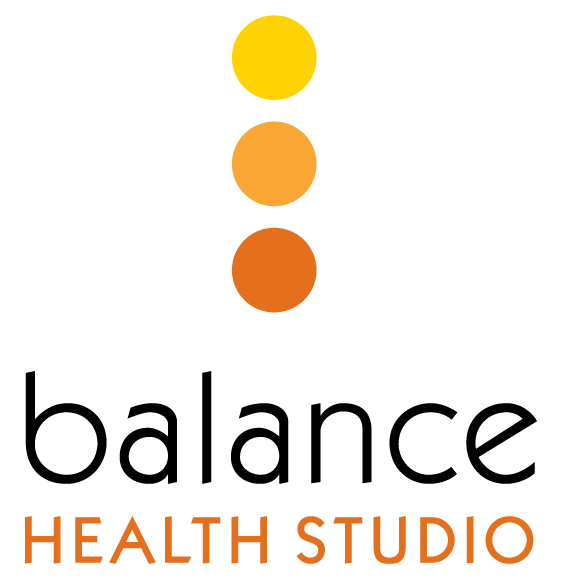Power of Fasting | Episode 5
In this episode of the Health Made Simple Show, Dr. Bart will be speaking with us about fasting!
We will cover what fasting is, what benefits it offers, and the most effective ways to begin your fasting journey.
Lastly, we dive into some of the essential concerns with fasting and answer all of your questions from how alcohol impacts a fast to ways to overcome those early challenges!
Watch the live show below:
What is Fasting?
Fasting is not a new concept. However, it has significantly grown in popularity in the past few years.
The number one bio-hack for becoming superhuman is intermittent fasting.
It is not a diet. It is just a schedule for when you are going to eat.
You simply block out times for when you are going to eat and when you are not going to eat.
What are the Benefits?
Weight loss.
It is one of the best weight-loss strategies in existence.
Gut health.
It is one of the fastest ways to level up your gut health.
Brain Fog
It increases your ability to think clearly, as it improves short term and long term memory.
Hormones
This strategy allows us to properly regulate the hormones that are often imbalanced.
Emotional Fitness
Intermittent fasting develops the discipline of saying no to food. We do not have to eat every time we feel a bit hungry.
Why Do We Feel Hungry? What About Feeling Hangry?
Often our hunger is not about a necessity for energy but an imbalance of hormones.
It takes food between 15 and 40 hours to fully assimilate, meaning that it has been digested and the nutrients have entered our blood system.
Another reason is you are not eating food for fuel. You are eating to raise your blood sugar!
When you do not have sugar, your body switches to burning fat for fuel. This is what causes weight loss.
If you are hangry, you are not dying. You are just cranky!
How Do We Begin Practicing Intermittent Fasting?
It is essential to start slow, so you do not overwhelm yourself
Begin with a twelve-hour fast for two weeks. This means eating for twelve hours and then fasting for twelve hours. This will allow your body to adapt to the process.
Next, you will add two hours of fasting for the following two weeks. This means eating for ten hours a day and fasting for 14 hours per day.
You will continue this process every two weeks until you are eating for six hours per day and fasting for 18 hours per day.
At this point, you will implement a feast day. This is NOT a cheat day! It is meant to ensure that our body does not believe it is in starvation mode.
A feast day is one day per week when you allow yourself to eat throughout the entire today! We eat healthily, but put more calories into the bodies, causing our metabolism to speed up!
Is Fasting the Same for Men and Women?
For women who are post-menopause and are no longer cycling, the answer is yes.
However, if a woman has not gone through menopause and is still cycling, the answer is no.
The moment your period begins, you should be fasting a maximum of 12-14 hours per day.
Clinically, women should fast for 14-16 hours.
For men, the sweet spot is fasting 16-18 hours.
Dr. Bart’s Fasting Schedule
Dr. Bart does not eat when he works because he wants to be laser-sharp with his patients when meeting with them. This is because when we consume food, our blood sugar goes up, and our thought process slows down.
Four days a week, he fasts for 17-22 hours.
However, Saturdays are his feast days when he eats when he would like. However, it is important to remember he has been doing this for years and is experienced.
We should be gracious and allow ourselves to ease into the process.
Fasting is not a diet! It is a lifestyle choice, and it is essential to remember when we are fasting, we SHOULD NOT worry about counting our calories.
If you are not hungry, do not force yourself to eat.
Fasting is Not Punishment
It has been seen as a strategy to elevate the human spirit. Many religions encourage it as well as countless philosophers throughout time.
Does Age Impact Fasting?
Absolutely Not! People who are trying to conserve energy and conserve life should not be forcing themselves to eat.
Fasting is, in fact, a longevity plan, allowing us to maximize our potential.
Managing the Fast
One of the best ways to increase muscle tone and maximize weight loss is to work out on an empty stomach. If you do this, you are burning what is inside your body already, oppose to what you just put in.
The four things you can consume while fasting are:
- Water
- Tea
- Coffee
- Bone broth
** If you have a bit of fat (butter, MCT oil, coconut oil) in the morning and it helps you extend your fast, there is nothing wrong with that
What About Alcohol when Fasting?
When you have your last cocktail or glass of wine, your fasting clock begins.
Challenges of Fasting
There are two inherent challenges of beginning a fast
1. You will have less blood sugar. While this is very healthy for you, it will burn your B vitamins at double the rate. This will result in significantly less energy if you are not consuming enough vitamins
2. You will begin to urinate more frequently, which will cause you to lose more electrolytes. This will result in less potassium in your body resulting in harmful side effects
How Can We Overcome the Challenges of Fasting?
Cataplex B (Essential)
A whole food source of B vitamins. It should not be synthetic, otherwise, it will render ineffective. Bovine Liver should be a listed ingredient.
Organically bound Minerals (Essential)
Made from kelp, it supports our adrenal glands with minerals.
Metabol Complex (Optional, but very beneficial)
Increases our ability to burn fat.
Manages blood sugar and enhances our ability to regulate insulin.
Should Fasting Hours be Consistent?
We should change them up as much as possible! It’s great to keep our body guessing between feast and famine.
However, the natural schedule of eating is in the light, so attempt to finish up your eating 1-2 hours after the sun goes down.
Allow yourself to be flexible and ebb and flow based on daily routines and how you feel. Try a 20 hour fast! Change things up! It is good to keep your body guessing.
Medically reviewed and written by:
Dr. Bart Precourt
Founder of The Health Made Simple Show
Doctor of Chiropractic
Register for the Health Made Simple Show
If you are interested in registering for the Health Made Simple Show please visit http://www.healthmadesimple.com





